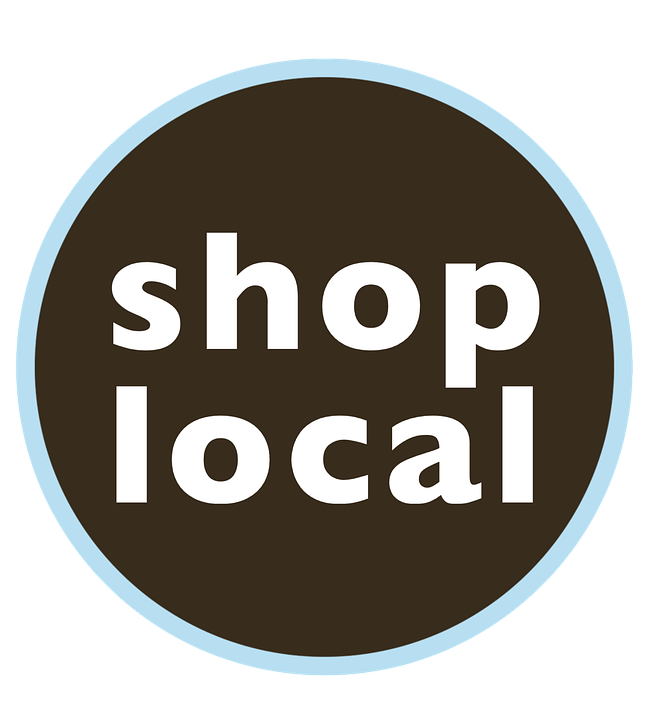Defending our patch: a local voucher approach
19 Jun 2012 -- Posted by :This article by Peter Luiten was first published in Wairarapa News in June 2012.

A universally-accepted currency like the dollar offers shoppers choices as broad as the internet. The competition is delightful for buyers but disastrous for local traders. Some traders respond with a voucher, narrowing the public’s spending options to their own products and services.
It’s common practice for individual businesses – cinemas, restaurants, bookstores – to issue their own gift voucher. They sell it into circulation and undertake to accept it when the holder presents it as payment. As a marketing tool, such a voucher has a limited effect. The original challenge remains: finding customers willing to part with their money locally.
There is, however, a voucher which would deliver significant benefits. Local traders currently tend to budget inordinate amounts to attract outsiders’ custom. It would be much more profitable to focus on retaining local custom within the district. The simplest way to have shoppers switch from buying outsiders’ goods and services to buying local would be for local businesses to create a voucher that each accepts as payment.
They would be restoring the original meaning of ‘voucher’: ‘to call to defend’. Our economic viability is at stake and no call for local defence can come too soon.
Traders would each issue their common voucher not by selling it but by spending it (instead of money) on one another’s product.
One small step – with momentous implications. Launching a common voucher would signal to our community and the world that local businesses had chosen to back themselves rather than endure further economic subservience.
This approach has many benefits over bank-issued money. A common voucher circulates repeatedly. Not one cent of its issuers’ mutual turnover need ever again be borrowed from the bank. Not one cent incurs interest costs. And not one cent is threatened by competition from merchants requiring payment in money.
A common voucher could be issued by anyone – employee, contractor, retailer, wholesaler, manufacturer or producer – who earns a steady income from the supply of local goods or services. It would be accounted for as cash for GST and income tax purposes. Since it would be accepted wherever it was issued, it wouldn’t take long for non-issuing traders, workers and suppliers to accept it in part-payment themselves.
The more issuers, however, the greater the benefits. A common voucher can help keep local economic activity and employment high while sharply reducing the level of local debt.
There is so much pressure to spend money on non-local items like mortgages that local products tend to be left on the shelf. A common voucher would have the opposite effect, constituting a powerful demand for local goods and services. Even people with money to spare would spend their voucher first and tend to buy where their voucher is accepted.
It adds up to this: traders who accept a common voucher would draw more local customers and sell more product. A common voucher would boost local enterprise dramatically throughout the region, building the resilience and diversity of interdependent traders in the face of chain competition. Because it must be spent locally, it keeps local wealth within the region and saves interest costs.
Living Economies offers consultative and administrative support to any group of businesses willing to implement a common voucher within their particular district or the region as a whole.
